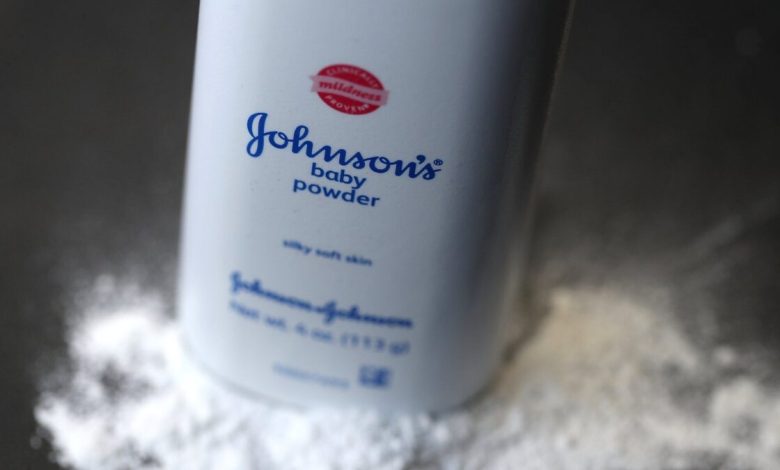Zimbabwe bans Johnson & Johnson baby powder over toxic ingredient
Asbestos exposure is a known cause of mesothelioma, a cancer of mesothelial tissue.

HARARE – Zimbabwe’s health ministry has announced an immediate ban on the importation, distribution, and sale of baby powder products manufactured by US international firm Johnson & Johnson’s over health concerns.
The ban comes amid increasing proof of asbestos contamination in the company’s iconic product, with thousands of lawsuits filed by some users of the condemned products.
In a statement, Secretary for Health and Child Care, Jasper Chimedza said the ban was with immediate effect.
“The Ministry of Health and Child Care is banning the importation, distribution, and sale of Johnson and Johnson’s baby powder containing the talc (talcum powder) ingredient with immediate effect,” Chimedza said.
Traditional baby powders have contained talc, which can sometimes be contaminated with asbestos.
Asbestos exposure is a known cause of mesothelioma, a cancer of mesothelial tissue.
After establishing that the J&J baby powder products already circulating on the Zimbabwean market indeed contained the dreaded ingredient, the health ministry urged Environmental Health Officers and Technicians to remove all J&J baby powders from the market.
In 2022, J&J announced its intention to stop manufacturing the product using talc as an ingredient after the company proposed an US$8.9 billion settlement to resolve lawsuits filed over the ingredient.
The New Jersey-based company said the proposed settlement, which must also be approved by a bankruptcy court, “will equitably and efficiently resolve all claims arising from cosmetic talc litigation”.
Zimbabwe is not the first African country to ban the products.
Tanzania Bureau of Standards prohibited importation and exportation on April 19, 2023.
However, the product is still popular in South Africa.
However, given the high volume of imported health products from the neighbouring country, there is a still a high risk that the contaminated baby product could still be finding its way into the Zimbabwean market. – ZimLive




